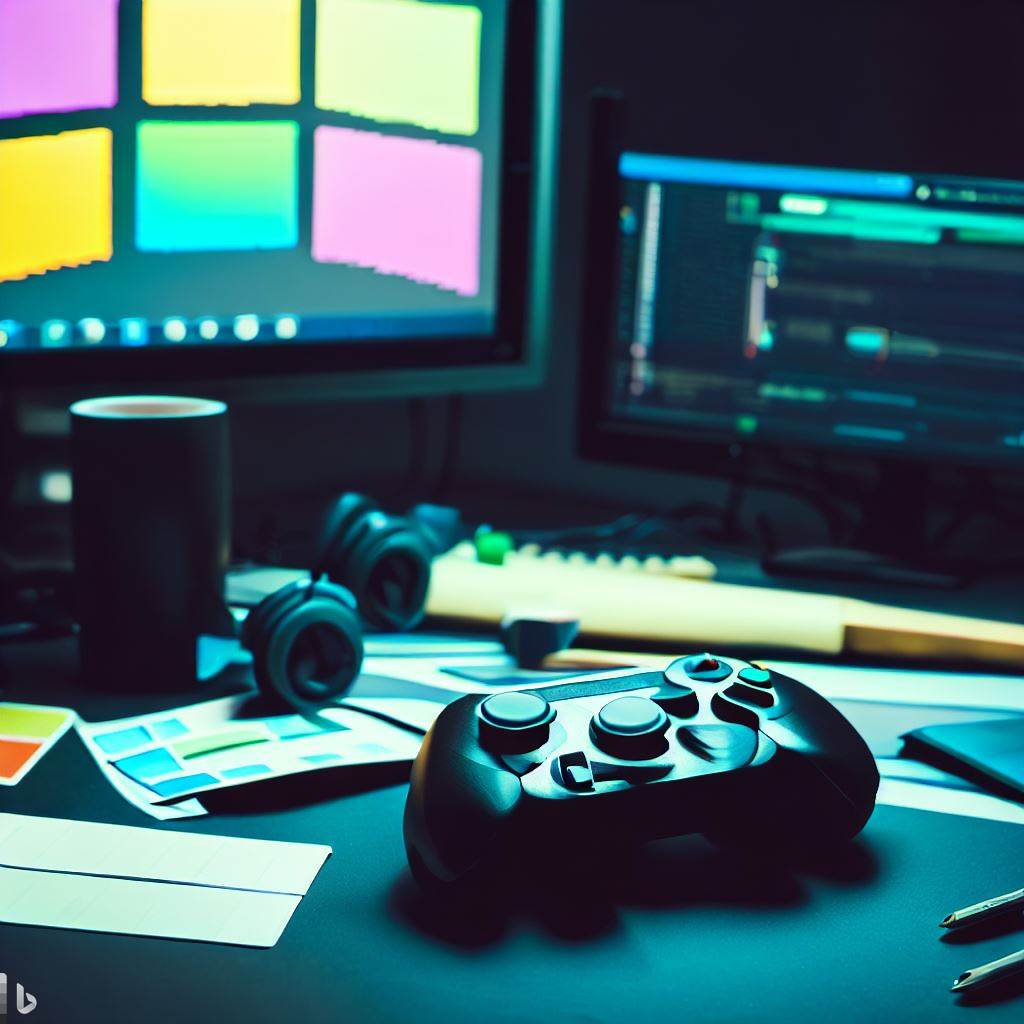Essential Game Development Tools: Must-Have Software and Resources for Building Successful Games

Game development is an exciting and complex process that requires the right set of tools and resources to bring your creative vision to life. In this article, we will explore a comprehensive list of essential game development tools that every developer should consider using. These tools range from game engines and design software to asset libraries and project management resources, all aimed at helping you build successful and engaging games.
Section 1: Game Engines
- Introduction to Game Engines: Understand the role of game engines in the development process and how they provide the foundation for creating interactive experiences.
- Unity: Explore the features and benefits of Unity, one of the most popular game engines known for its versatility and cross-platform capabilities.
- Unreal Engine: Learn about Unreal Engine, renowned for its powerful graphics and visual effects, and its suitability for creating high-fidelity games.
- Godot Engine: Discover Godot Engine, an open-source game engine known for its user-friendly interface and flexibility, making it ideal for indie developers.
Section 2: Design and Art Tools
- Graphic Design Software: Explore popular software like Adobe Photoshop and Illustrator for creating stunning visuals and artwork for your games.
- 3D Modeling and Animation: Learn about tools like Blender, Autodesk Maya, and 3ds Max, which offer powerful capabilities for creating 3D models and animations.
- Texture and Material Creation: Discover resources like Substance Painter and Quixel Mixer that assist in creating realistic textures and materials for your game assets.
- Sound and Music Production: Explore tools like FL Studio and Ableton Live for creating immersive soundscapes and captivating music that enhance the player’s experience.
Section 3: Asset Libraries and Marketplaces
- Asset Libraries: Discover platforms like the Unity Asset Store and Unreal Marketplace, where you can find a wide range of pre-made assets, scripts, and plugins to enhance your game development process.
- Royalty-Free Music and Sound Effects: Explore websites like AudioJungle and Epidemic Sound that offer a vast collection of royalty-free music and sound effects suitable for games.
- Stock Image and Texture Libraries: Learn about resources like Shutterstock and Textures.com, which provide a vast selection of high-quality images and textures for your game’s visual elements.
Section 4: Project Management and Collaboration Tools
- Version Control Systems: Understand the importance of version control systems like Git and SVN for efficient code management and collaboration among team members.
- Task and Project Management: Explore tools like Trello, Asana, or Jira that help organize tasks, track progress, and ensure smooth project management.
- Communication and Collaboration: Learn about platforms such as Slack and Microsoft Teams that facilitate effective communication and collaboration within development teams.
Conclusion: Building successful games requires the use of essential game development tools and resources. From powerful game engines like Unity and Unreal Engine to design software, asset libraries, and project management tools, there is a wide range of options available to streamline your development process. By leveraging these tools, you can enhance your creativity, increase productivity, and bring your game ideas to life with efficiency and success. Remember to choose the tools that best align with your specific project requirements and explore the vast resources available within the game development community to continuously improve your skills and create memorable gaming experiences.





